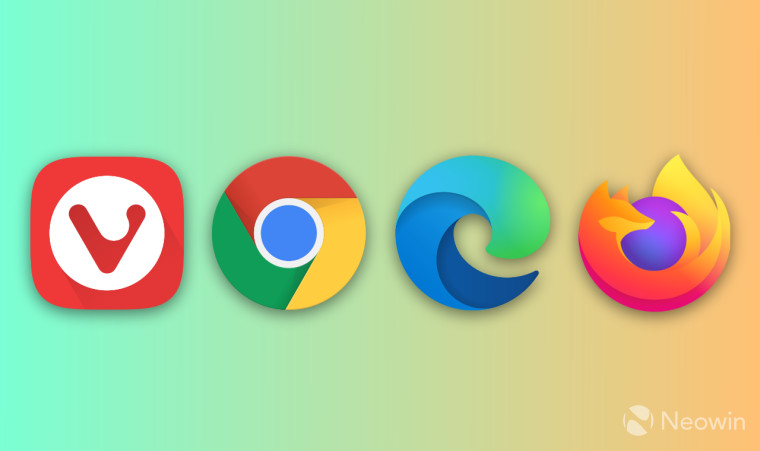
In June, we published a guide comparing the performance of popular browsers available on Windows. The article lets you determine what browser offers the best performance and compare its strengths and weak points with competitors. It is now time to focus on energy efficiency - another vital aspect of modern browsers. After all, what is the point of using a snappy browser if it destroys your laptop's battery in just a couple of hours?
Four browsers participated in the contest: Chrome, Edge, Firefox, and Vivaldi. Our testing machine is a relatively inexpensive laptop from HP with the following specs:
| HP Pavilion 14 x360 | |
|---|---|
| Processor | 11th gen Intel Core i3-1125G4 at 2.00 GHz |
| RAM | 8 GB DDR4 3200 MHz |
| Storage | 500 GB SSD |
| Screen | 14-inch touchscreen 1920x1080 pixels at 40% brightness |
| Operating System | Windows 11 21H2 |
| Power Mode | Balanced, Battery Saver at 20% Standard Windows configuration |
We attempted to find the most energy-efficient browser by running two tests: a looping YouTube video playback at 1080p and refreshing two "heavy" websites every 60 seconds (hard-refresh with cache). We enabled sync in all four browsers, added several extensions, and disabled ad-blockers for an extra strain to simulate how the average user browses the internet.
Important: You might experience slightly different results depending on software and hardware configuration.
Test 1 - YouTube at 1080p
Unsurprisingly, Chrome showed the best energy efficiency when playing YouTube, and it lasted for 6 hours and 57 minutes. Vivaldi came second with an almost identical time of 6 hours and 56 minutes.

Although Microsoft Edge uses Chromium just like Chrome and Vivaldi, it showed notably worse battery performance when playing YouTube - 5 hours and 59 minutes. A one-hour difference is a significant blow to Edge, which could make users consider other browsers to get the best battery life for media consumption. The ability to watch one or even two more episodes of your favorite series is no joke.
Still, Edge was not giving up that easily. Microsoft's browser has a built-in efficiency mode that reduces CPU usage to improve battery life. It helped Edge gain 25 extra minutes, proving that efficiency mode is not just a marketing gimmick. 25 minutes might not sound impressive, but it is still a solid result overall.
Finally, Firefox finished with 5 hours and 27 minutes of YouTube playback, proving once again that developers optimize their websites and services primarily for Chromium-based browsers. Unfortunately, in addition to inferior performance, Firefox users must deal with worse energy efficiency.
Note: Chrome, Edge, and Vivaldi used the VP9 codec while Firefox picked AV1.
Test 2 - "Internet Surfing Simulator"
Vivaldi finished first (spoiler: not for long) with a solid time of 6 hours and 27 minutes. Unlike the previous test, Chrome came second with 5 hours and 48 minutes. Edge scored 5 hours and 31 minutes, and Firefox came last, showing a time of only 4 hours and 43 minutes.

And then Microsoft Edge pulled its efficiency mode wildcard. The browser got a major battery life boost, gaining more than one extra hour. Efficiency mode let Edge crush the competition and finish first with 8 minutes ahead of Vivaldi. Quite an impressive result.
Conclusion
Vivaldi could be your best choice if you need a browser that provides solid battery life compared to the competition and does not require enabling energy-saving modes. Besides, Vivaldi is a privacy-focused browser that does not use Google's data-mining probes or controversial APIs.
Chrome's average overall performance is another proof of why it is the most popular browser. Chrome provides class-leading performance and compatibility paired with satisfactory battery life. You cannot go wrong with Chrome, but you can get better battery life in Vivaldi without sacrificing compatibility.
Microsoft Edge surprised us in a negative sense, but it redeemed itself with efficiency mode. Still, users need to keep in mind that using efficiency mode results in slightly lower performance that becomes notable on specific websites.
As for Firefox, you probably need to look elsewhere if you want a browser with the best battery life. Firefox is not a bad browser per se, but it just cannot keep up with Chromium alternatives and their superior energy efficiency.










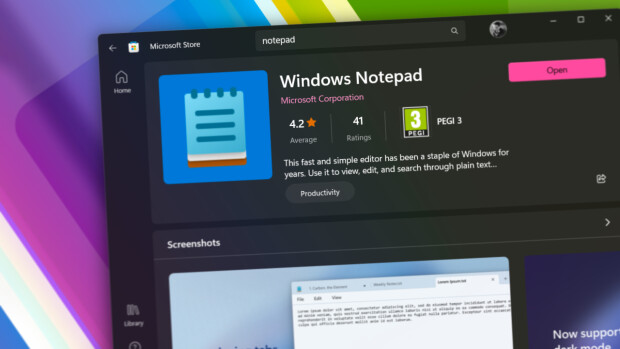
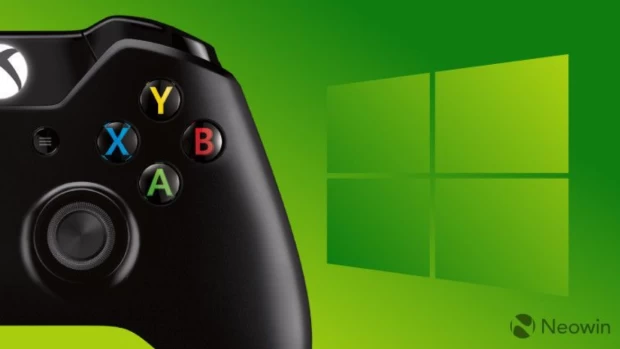
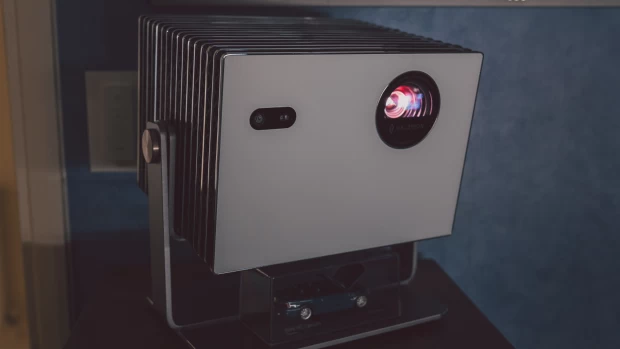
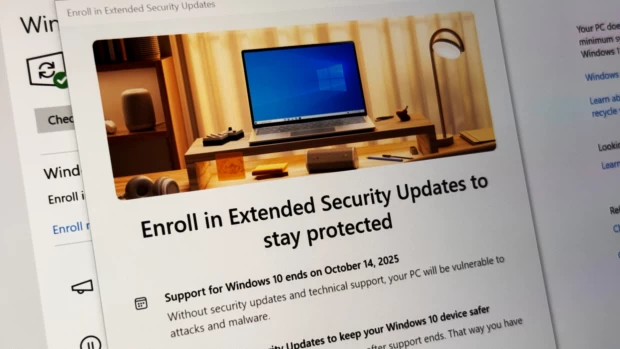
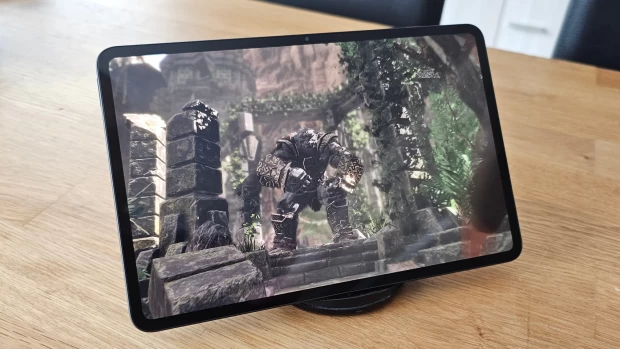
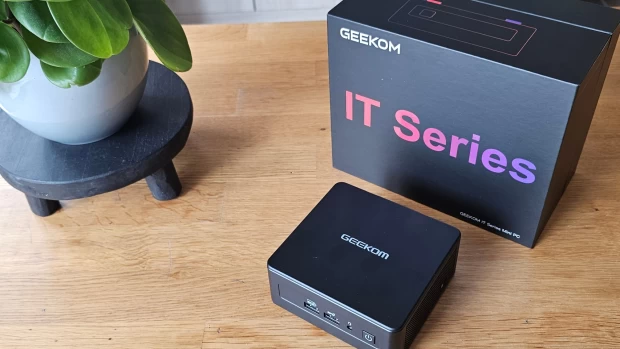




37 Comments - Add comment